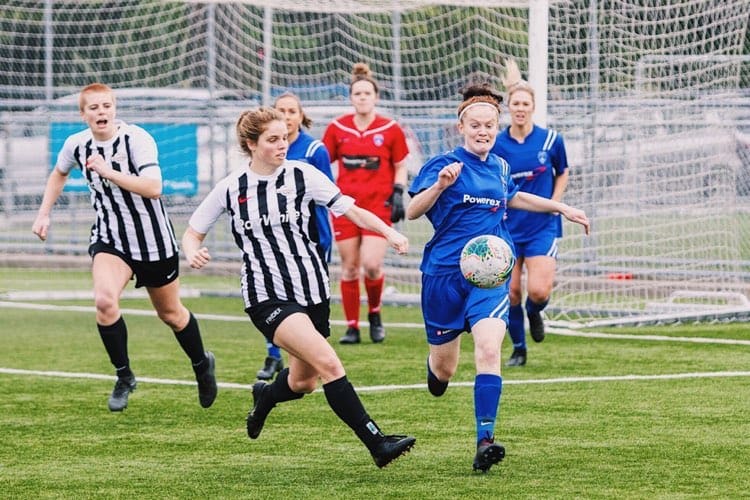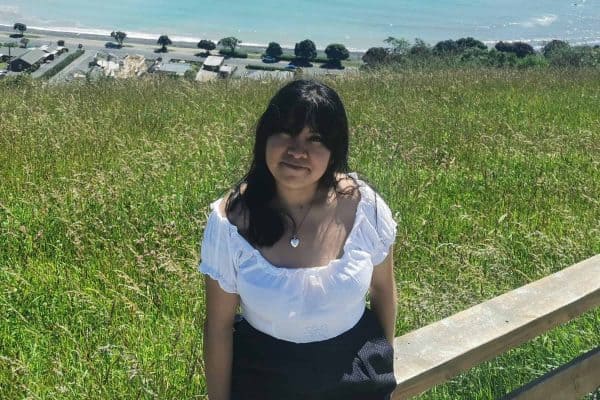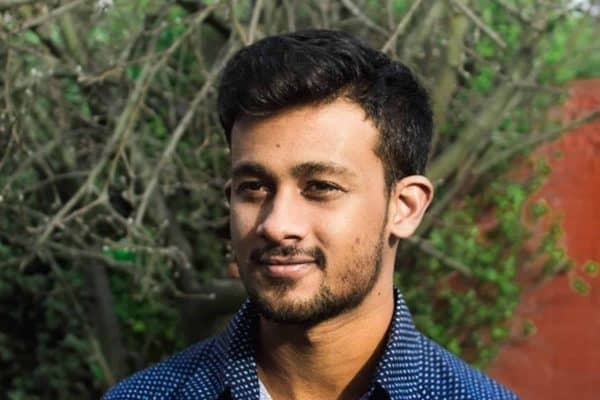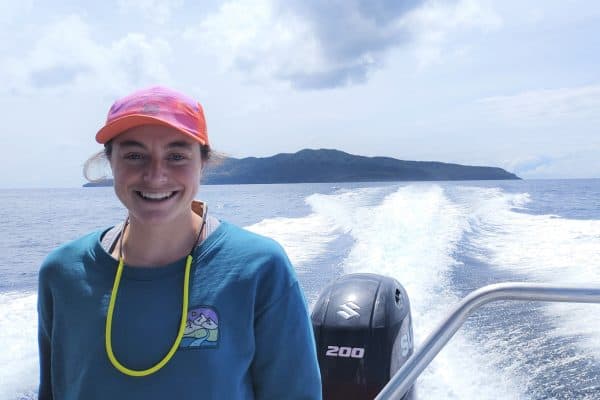Kia ora! I’m originally from the USA. I was born in the Dallas suburb of Plano, Texas and raised at the base of the beautiful Rocky Mountain foothills in Boulder, Colorado. I earned my BA degree at a small liberal arts school (Oberlin College), where I also had the privilege of playing NCAA women’s football (soccer). I moved to Aotearoa around six years ago to pursue an MSc in Development Studies at Victoria University of Wellington. Prior to completing my MSc, I worked in the social work industry, primarily within the migrant and refugee resettlement space.
Outside of my studies, you are likely to find me on a football pitch, tramping around the Southern Alps, searching for cool rocks, or learning how to fish.

My Project
My PhD at the University of Canterbury is supervised by Sarah Beaven (UC), Tom Robinson (UC), Malcolm Campbell (UC), and Nick Cradock-Henry (GNS Science). This project is situated within the Resilience Challenge’s Resilience, Policy and Governance theme.
International migration, as well as the number and severity of natural hazard events, is on the rise globally. Many studies identify that immigrants are often more vulnerable and less resilient to disasters than non-immigrant residents. However, few studies consider the factors that contribute toward the actual exposure of immigrants to natural hazards relative to the growing risks. Additionally, immigrant-focused literature within disaster studies rightfully tends to focus on identified ‘vulnerable’ communities (eg: those that may be linguistically isolated or on insecure visas, or those discriminated against due to reasons of race, ethnicity, and/or religion) in order to address the inequities often exposed by disasters. However, the narrowed focus on particular groups means that the wider context of exposure (e.g. at a regional or national level) across all immigrant communities is unknown. With many countries pivoting toward neoliberal migration policies (such as points-based ranking systems) that often prioritise migrants that fall outside of the traditional scope of vulnerability to hazard risk, there is a growing need to expand research to include communities that may not be immediately classed as vulnerable, yet represent a growing portion of immigrant populations in certain contexts. Researching the broader picture will allow certain assumptions concerning the exposure and vulnerability of particular groups to be tested, identify disparities, and highlight environmental injustice (the disproportionate exposure of particular communities to environmental hazards) issues.
This PhD project uses an Aotearoa case study to address this gap in the literature. Highly exposed to a number of natural hazards, Aotearoa has a high net migration rate by global standards, and complex migration policies. Grounded in environmental justice theory, this research will address the following questions:
- How are permanent immigrants spatially distributed across Aotearoa?
- To what extent does this spatial distribution expose immigrants to natural hazard risk?
- How do levels of exposure vary across and between different immigrant communities?
- What factors contribute to the exposure of immigrants to natural hazard risk?
- What plans and policies have the potential to reduce the exposure of immigrant communities to natural hazard risk?
In order to engage with these questions, this interdisciplinary study will adopt a mixed-method approach that involves geospatial mapping and analysis (using population data and hazard maps), the use of a mixed-methods regional survey, and focus groups with immigrant communities in case study locations (to be determined).
Next Steps
I’m looking ahead to my PhD confirmation in April 2023 to conclude my first year of study. Additionally, I’m working hard to upskill in ArcGIS and statistical analysis techniques, as well as learning how to manage large data sets (this will mean lots of sitting in on undergraduate courses this year!).
Once confirmed, I’ll spend the first half of my second year focusing on the geospatial/quantitative portion of my dissertation while planning out next steps for survey distribution and focus group recruitment (which will involve lots of liaising with community leaders and stakeholders).




